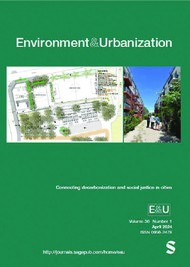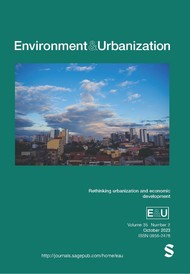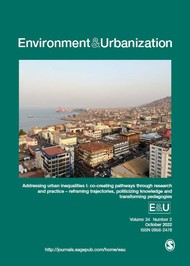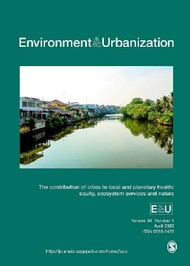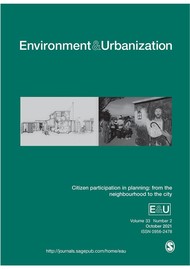Education and learning for inclusive development

This issue explores education in urban areas, which has a major, complex role in promoting both inclusive development and social exclusion. The papers that focus on education as a driver of inclusive development address childcare services for informal female workers; a massive open online course on water and sanitation in lower-income areas; a school merger in Kingston, Jamaica; and responsive architectural education in Jhenaidah, Bangladesh. Meanwhile, the papers that tackle education’s role in fostering inequality examine the shadow education system in China; the exclusion of migrant students in Beijing; and the challenges of accessing education during the COVID-19 pandemic in Harare, Zimbabwe.
The 'Climate Change in Cities' paper looks at how flooding and extreme heat affect water and electricity services in Accra and Tamale, Ghana. The 'Feedback' papers are dominated by coronavirus, addressing gaps in discussions of the pandemic; spatial modelling of COVID-19 mortality rates in São Paulo; the pandemic’s impact on food security in Mongla and Noapara; Bangladesh; and inequality of infrastructure and response capacity in South Africa.
This issue also includes papers on social network analysis of informal settlements; water, sanitation and hygiene in Dar es Salaam; and family social capital across the generations in Guayaquil, Ecuador.
